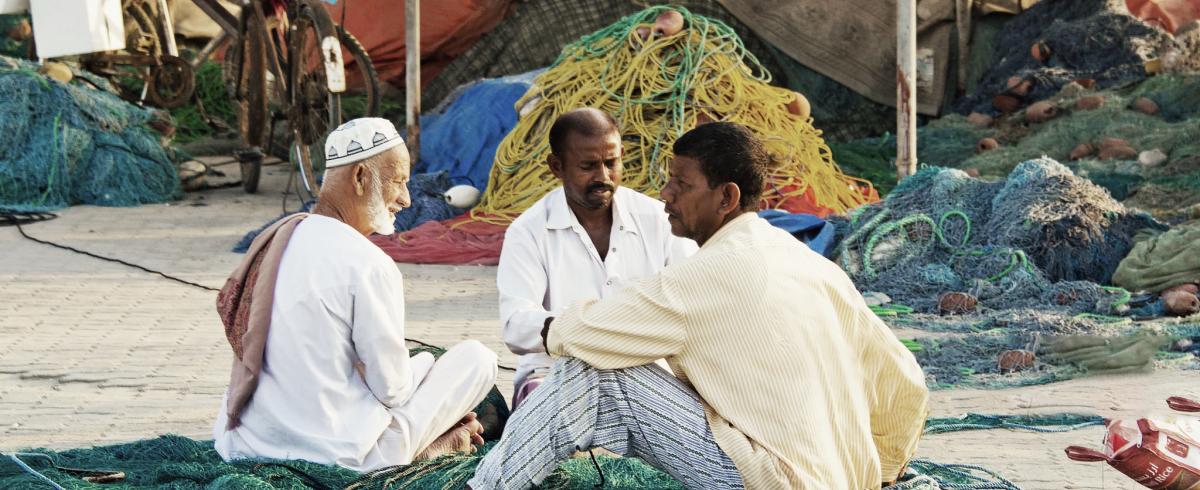
Categories to Explore
Welcome to the Resource Library. Here you will find a range of resources that you can use to support your small-scale fishery and community. Use the buttons above to browse resources by category or use the filters on the right to sort resources.
Ecosystem-based Adaptation in Saint Bernard
A four-part video series about ecosystem-based adaptation and its importance and application in the coastal communities of Saint Bernard, the Philippines.
Policy Brief: A Template for Resilience: Standardizing ICRMPs with Ecosystem-based Adaptation
This policy brief draws on insights and recommendations gained from a project in Saint Bernard, Southern Leyte, Philippines to develop the municipality's Integrated Coastal Resource Management Plan (ICRMP).
Big Fish Initiative
Short films produced as part of the Big Fish Initiative, a campaign by WECAFC SAWG focused on the protection of fish spawning aggregations (FSA) and the sustainable management of the species that aggregate to spawn in the Wider Caribbean.
Fish Smart
This is a call to action from fishers to their colleagues in the Wider Caribbean. It shows the mesmerizing behavior of species that aggregate to spawn in the wider Caribbean, and exposes the reasons why fishing spawning fish doesn't pay off. The film is also a call for fishers to participate in the decision-making process and the search for alternative likelihoods that provide income during the fishing bans. Ultimately the message is FISH SMART, protect spawning aggregations.
Strengthening Conservation Community Enterprises (CCEs) E-Course
CCEs, such as SSF and Aquaculture cooperatives, are small, locally-run businesses providing livelihoods that also support the protection of habitats and biodiversity. However, CCEs often face significant obstacles in trying to make a sustainable living. Whether it’s the administrative challenge of establishing a business or a lack of capital to get things off the ground, these obstacles can prevent many enterprises from reaching their full potential.
To address this, WWF developed a self-paced e-learning course to help NGOs and community-based organizations better support communities in strengthening CCEs
Small-Scale Fisheries and Blue Justice: Procedural and Substantive Rights of Fisherfolks
This seminar will explore the role and practical relevance of international legal instruments for the recognition and full realisation of the human rights of small-scale fishers, such as the UN Declaration on the Rights of Peasants and Other People Working in Rural Areas and the UN Food and Agriculture Organization (FAO)’s Voluntary Guidelines for Securing Sustainable Small-Scale Fisheries in the context of food security and poverty eradication.
Storytelling as a political act - 'Empatheatre' performing at UN Headquarters in New York
Storytelling as a political act - 'Empatheatre' performing at UN Headquarters in New York
Photo-story: Small-scale fishers and human rights
Photo-story: Small-scale fishers and human rights
'The Sea is my Farm...' | Artwork from DEEP Fund Project 'Fishers Tales'
'The Sea is my Farm...' | Artwork from DEEP Fund Project 'Fishers Tales'
‘A Dwindling Species’ | Artwork from DEEP Fund Project ‘Fishers Tales’
Artwork from One Ocean Hub’s DEEP Fund project ‘Fishers Tales’, as displayed in the exhibition ‘Undercurrents: Art and Ocean in Africa and the Pacific’ at the Reid Gallery, The Glasgow School of Art, 2023
